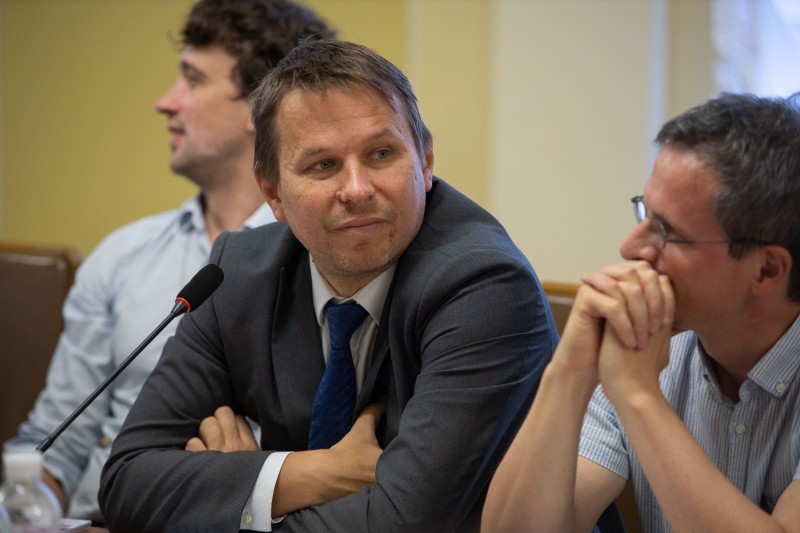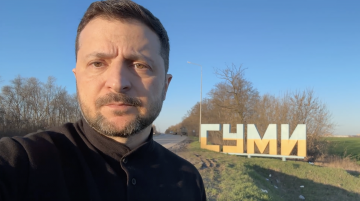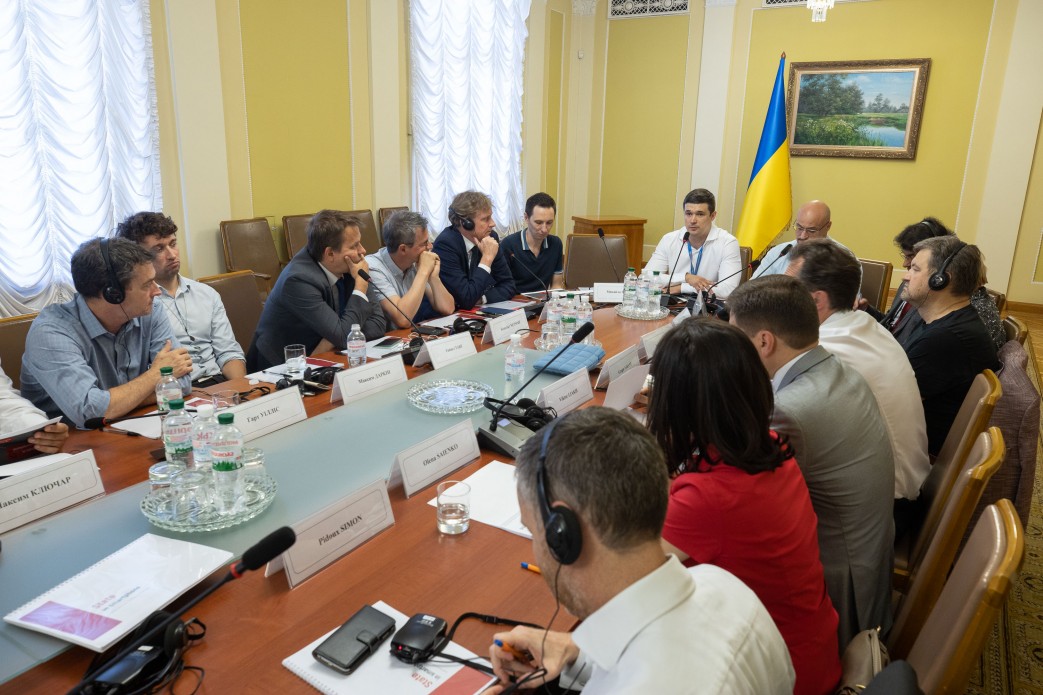On June 21, the Presidential Administration of Ukraine held a discussion of the concept of "A State in a Smartphone" as one of the important components of the digital economy. The meeting was attended by representatives of international donors and technical assistance projects, including the United States Agency for International Development (USAID), the Delegation of the European Union to Ukraine, the Swedish International Development Cooperation Agency (SIDA), the Swiss Cooperation Office (SDC), etc.
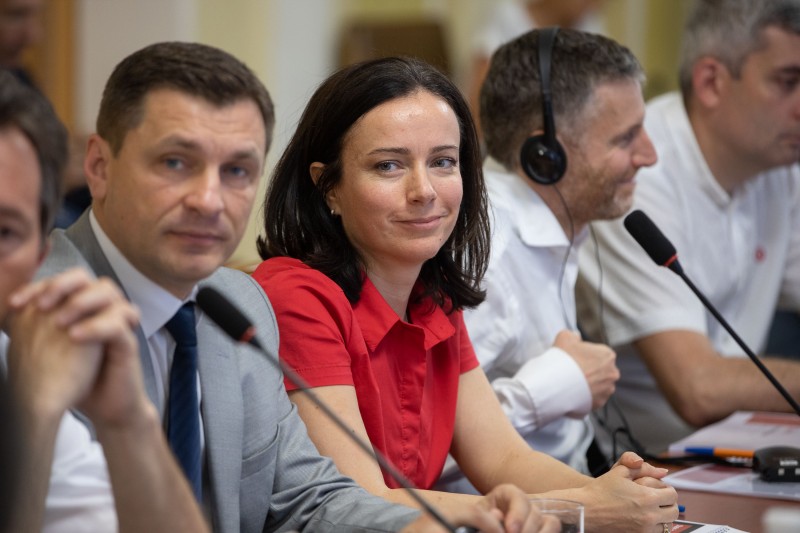
"Each of you has and supports a good idea or a reform for Ukraine. For example, yeMaliatko project, real estate developer’s account or Trembita system of electronic interaction. I also know that each of you faces enormous barriers along the way. And each barrier has a specific surname of an official who tries to hinder you. We want to know these surnames and break these barriers on the path of changes in Ukraine," Advisor to the President Mykhailo Fedorov said.
He presented a digital action plan to the international partners and a basic framework for the digital economy: from digital infrastructure to digital skills and implementation of digital transformation projects.

"Regarding e-services, we have clearly described typical life situations: birth, admission to a kindergarten, school, university, obtaining a passport and driver's license, registration of a car or real estate, land, marriage, etc. Today, each typical situation is a huge inconvenience, stress and corruption. "A State in a Smartphone" is an opportunity to solve all these situations in one click and preferably with a smartphone where a person will have a personal electronic signature. The same applies to business. In practice, all this is about 200 public services that we will make electronic and unite in life and business situations. In addition, there is a need for online social surveys,” the Advisor to the President noted.
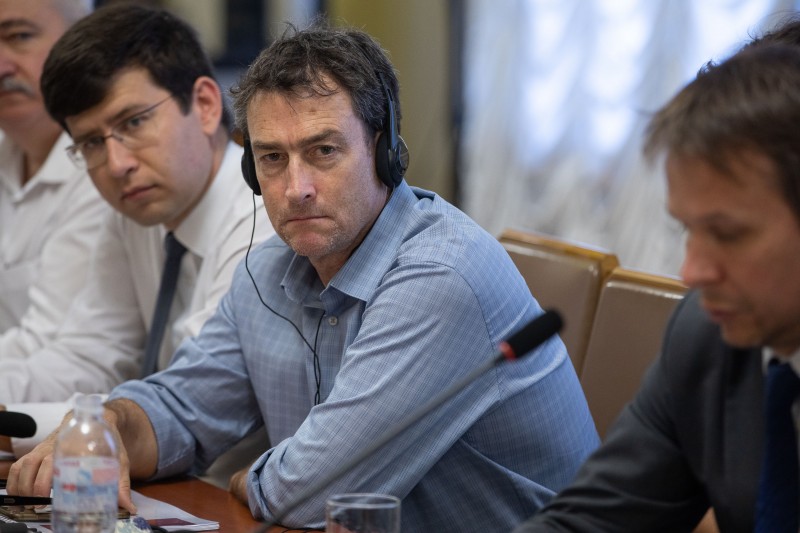
According to the First Deputy Head of the State Agency for e-Governance Oleksiy Vyskub, by the end of this year, we can implement 70 new top-priority e-services, a convenient e-services portal and a mobile application, MobileID and SmartID with the support of international partners.
During the meeting, the representatives of donors and international projects presented their recommendations and discussed the top-priority projects of digitalization. The key issues were related to the adoption of the necessary laws to harmonize the Ukrainian digital law with the European one and to pave the way to a single digital market of the EU, enhanced protection of personal data and reform of the current information security system in the country, development of digital literacy training programs for citizens, especially the elderly.
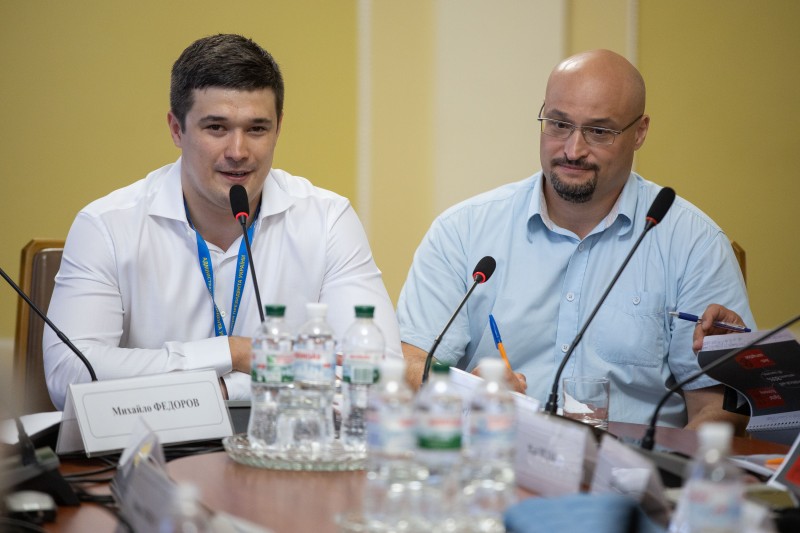
Separately, the participants of the meeting noted the elaboration of the draft law "On the Development of the Digital Economy", in which it is necessary to enshrine the digital rights of a citizen to equal access to technologies and digital infrastructures, first of all, broadband access to the Internet; to define the essence and parameters of digital universal services for citizens in various spheres of life (education, medicine, transport, ecology, tourism, etc.); to consolidate the principles of digital economy and the priority of digital (electronic) data and systems over the analog ones. For example, a digital universal education service will include a tablet for each student, multimedia educational content, and Wi-Fi connection in each class.
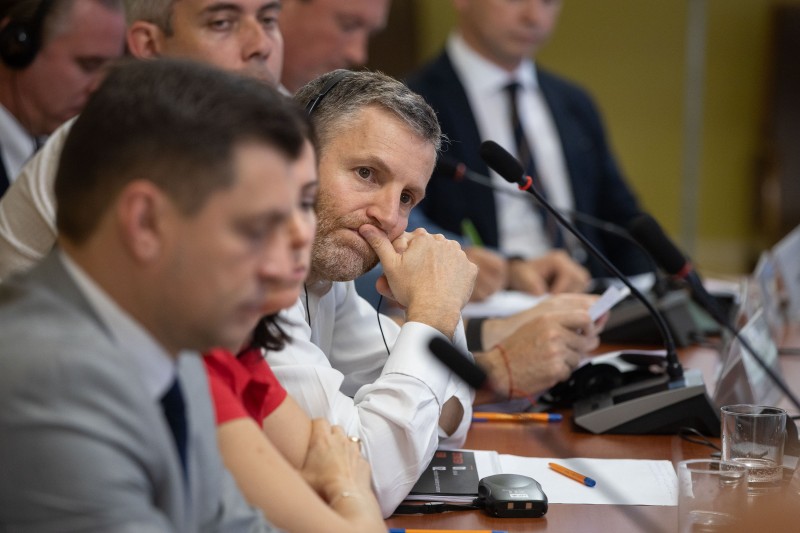
Also, the participants discussed the creation of an electronic register of the population, which will enable fast and relatively cheap electronic census of the population of Ukraine through technical means with the use of the existing state registries (demographic, fiscal, medical, civil, registry of voters). This will also allow to start the establishment of the National Identification System (e-ID).
In addition, the parties discussed the development of digital infrastructure, in particular broadband Internet in the countryside. This direction should be implemented in cooperation with Ukrainian operators and providers, and include the introduction of the necessary technological and financial tools to overcome the digital inequality of citizens.
Mykhailo Fedorov noted that all those tasks had already been included in a single action plan, and coordinating meetings would become regular.
